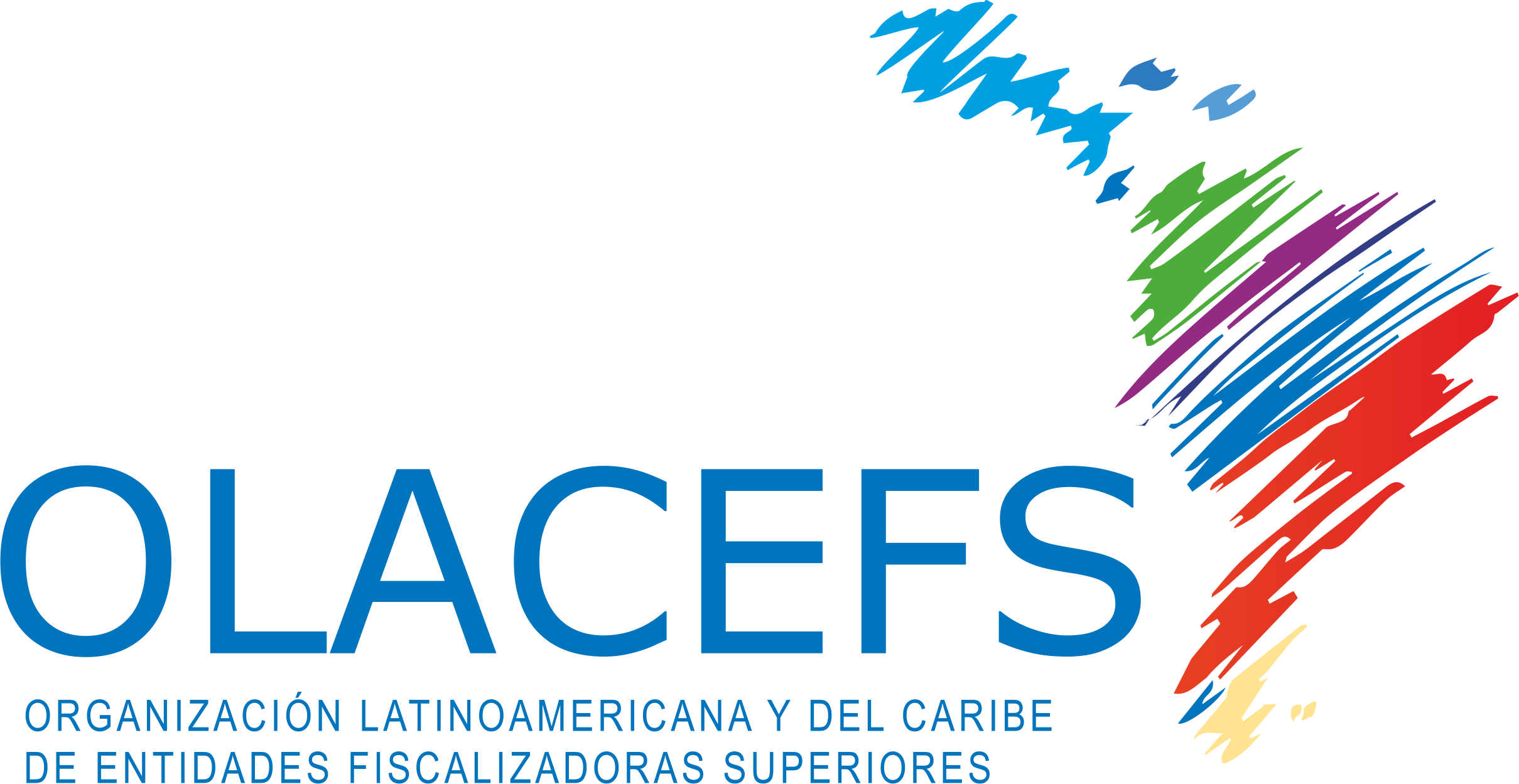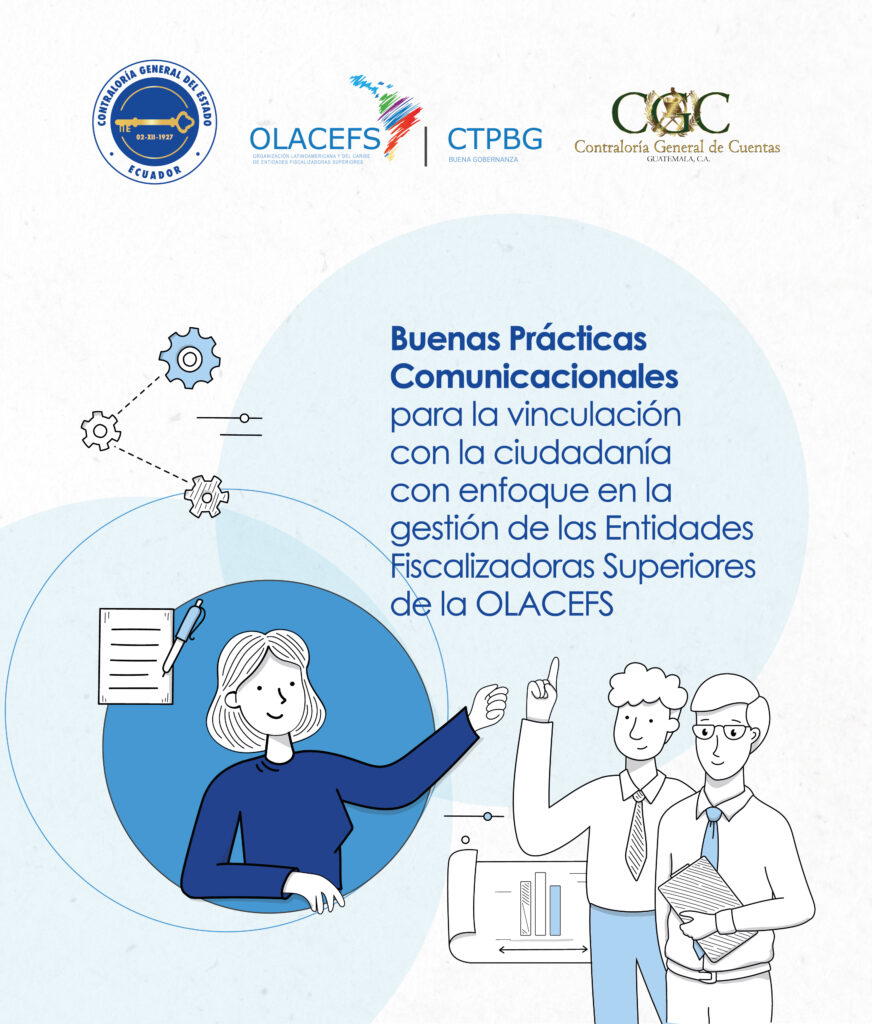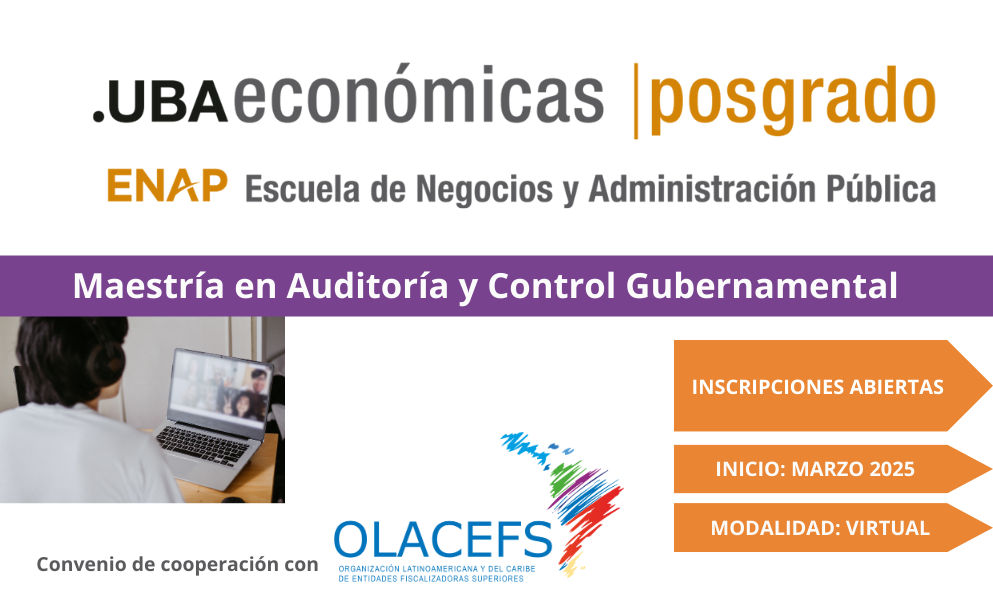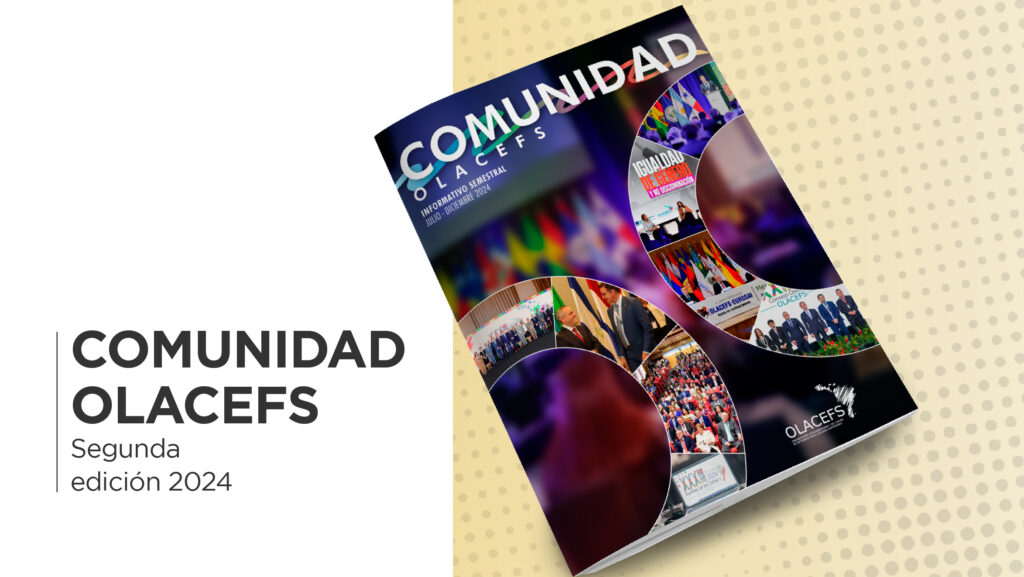Joaquin Caprarulo
Coordinator of Democratic Strengthening and Access to Justice
Asociación Civil por la Igualdad de la Justicia (ACIJ)
The COVID-19 pandemic has posed a series of unprecedented challenges for all public institutions. None of them have been spared the effects of this unexpected situation and, moreover, the changes that will remain after its passage are unpredictable. However, this crisis has also made it possible to revitalize the role of the State and some of its bodies. In this manner, a context of opportunity presents itself that is rarely seen to promote certain agendas that, despite their importance, have been of little priority until now.
A rather symptomatic example of this phenomenon is that of the Supreme Audit Institutions of Latin America in general and, in particular, that of citizen participation within the framework of the functions of these institutions. On the former, there is not much that can be said that has not yet been said. In a situation in which governments have concentrated powers, exercised exceptional powers, allocated huge masses of money to respond to the pandemic or simplified public procurement processes, external control has once again been placed front and center as a way to ensure that public resources are used transparently and efficiently.
However, the same fate does not seem to be the case with regard to citizen involvement in this type of institution. Although the region’s scenario at the beginning of 2020 showed growing experiences in the quantity and quality of citizen participation in the audit process1, there are still important challenges for this discussion to fully impact the role that SAIs should play in response to the pandemic.
There are two possible arguments ¬–and that we will expose here as complementary– that reinforce the need to take advantage of the current context as an opportunity to open up SAIs to their citizens. The first is to think of participation as an unavoidable democratic requirement in the control of government actions in any circumstance. The second is to realize the multiple benefits that can be brought to the entire audit cycle by the active incorporation of citizens, especially in relation to the pandemic and its effects.
With regard to the first point, we must begin by emphasizing the absolutely widespread impact that the pandemic had on all populations and, above all, on those most vulnerable. The decisions taken by the various governments, as well as the way in which they used their resources, could have been decisive to a greater or lesser extent for the various social groups, but they were certainly not indifferent to anyone. To think that it is therefore possible to carry out the auditing of these measures without citizen participation is a response to models of democratic governance that are already outdated and have eroded legitimacy. In order to arrive at democratic decisions, regardless of the public institution in question, it is necessary to ensure equal deliberation among the multiple interested and/or affected parties, without exclusions of any kind.
In turn, the incorporation of civil society into the audit process can substantially improve its results. The possibility for SAI officials to bring together views, knowledge, information and even direct involvement in audit activities (as in the case of social audits) from civil society is still under-explored. The technical specialization of those in charge of auditing can never be considered self-sufficient, even less so in contexts such as the present one. The pandemic has demanded a wide range of measures: health services of all kinds, socioeconomic support, subsidies to the private sector, direct assistance to vulnerable sectors, among others. An audit that intends to be exhaustive and to effectively account for the performance of any of these measures must necessarily seek out all this information that is in the hands of the citizens.
Citizen participation continues to encounter various obstacles in the field of auditing derived from the subsistence of false myths. Some of these conceptualizations of participation warn of supposed dangers to their independence or the lack of technical knowledge of citizens. The various experiences observed in recent years in countries such as Colombia, Brazil, Argentina, Peru, Paraguay, Ecuador, and Costa Rica, among others, have demonstrated the inadequacy of these fears. On the contrary, some of these experiences are particularly relevant to the challenges that the pandemic presents to SAIs, providing concrete solutions and lessons learned, and reinforcing this idea that we are facing a unique opportunity.
Echoing then what citizen participation can contribute to strengthening the response of SAIs to the challenges brought about by the pandemic also implies thinking about how to ensure that process of openness not only for the short term, but also as a permanent proposal. For this, the commitment of the highest authorities of the SAIs and of all the officials is necessary. The search for satisfactory participative processes implies a work of great commitment that demands planning, mapping, simplification and communication, among many other things, so that the citizens in general and in particular the most vulnerable groups can contribute to the entire audit cycle. This also implies taking advantage of other tools that the pandemic has promoted, such as the widespread use of ICTs, which, although they still present a significant access gap and do not fully replace presence, do allow for breaking down many geographical barriers.
Creativity and commitment must be two fundamental pillars of a process that addresses the difficulties of the times and ensures that SAIs, as central institutions of our democracies, place their work at the service of the needs of individuals and groups who suffer the most from the uneven effects of the pandemic. If this objective is met, we will have made sufficient progress in having the peace of mind that the role that SAIs must fulfill in following up on other state commitments on human rights – the SDGs for example – will be much more effective, legitimate and inclusive.
About the author:
Joaquin Caprarulo is a Lawyer from Universidad de Buenos Aires. Degree in Economics and Finance from Universitat Pompeu Fabra. Coordinator of the programs of democratic strengthening and opening of the Judicial Branch and access to the Justice of the Asociación Civil por la Igualdad de la Justicia (ACIJ).
Website: https://acij.org.ar/
Tw: @ACIJargentina / personal: @joaquin_capra





